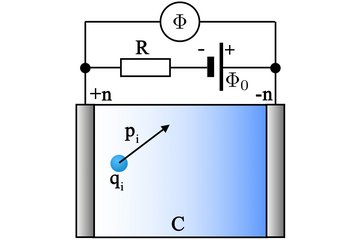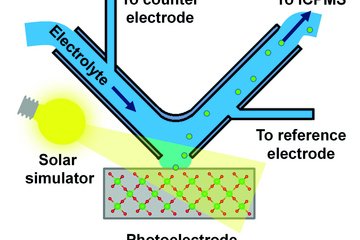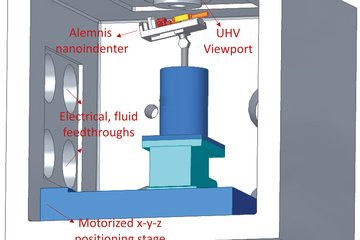All genres
21.
Poster
Monte Carlo Simulation of Temperature Programmed Desorption Including Binding Energies and Frequency Factors Derived by DFT Calculations. 43rd Symposium on Theoretical Chemistry, Saarbrücken, Germany (2007)
22.
Poster
Adsorptionskinetik von Organophosphonsäure auf plasmamodifizierten Aluminiumoberflächen. 13. Bundesdeutsche Fachtagung für Plasmatechnologie, Bochum, Germany (2007)
23.
Thesis - PhD
Adsorption and Self-Organization of Organophosphonic Monolayers on Modi ed Oxide Covered Surfaces. Dissertation, Universitat Paderborn, Fakultät für Naturwissenschaften, Paderborn, Germany (2009)











